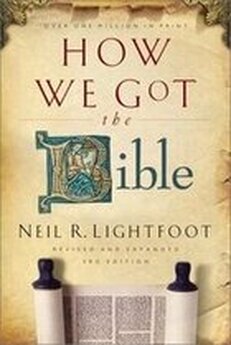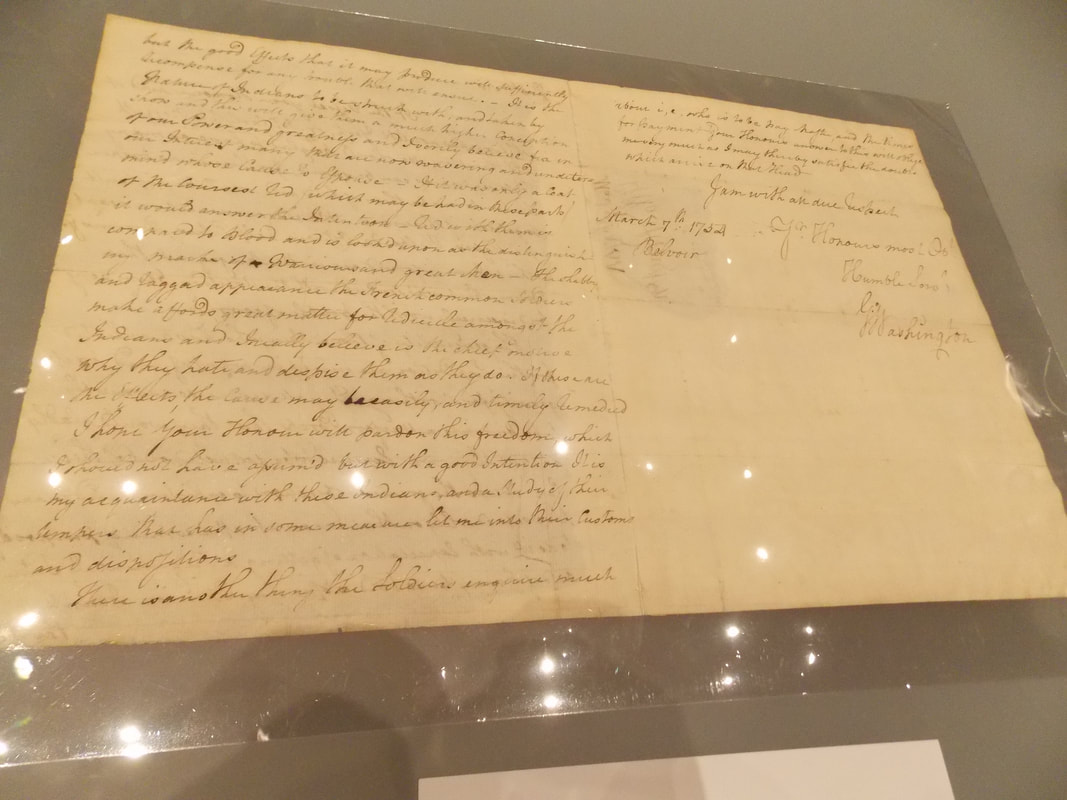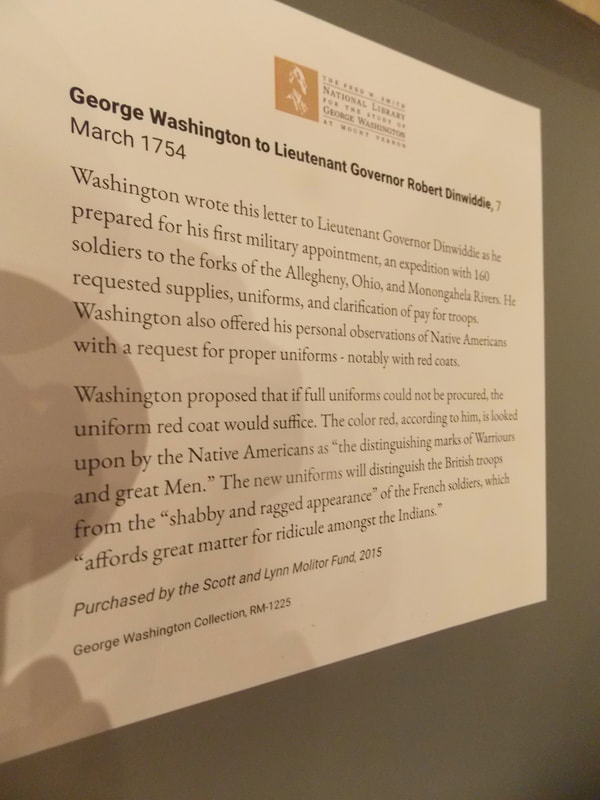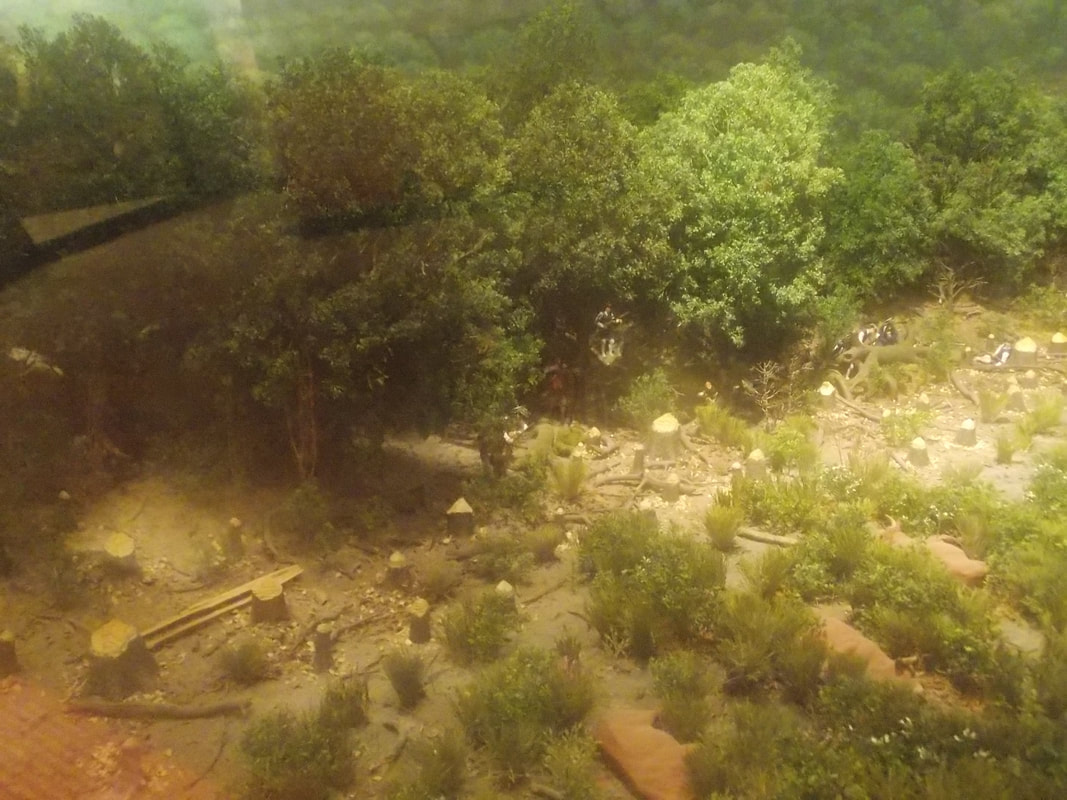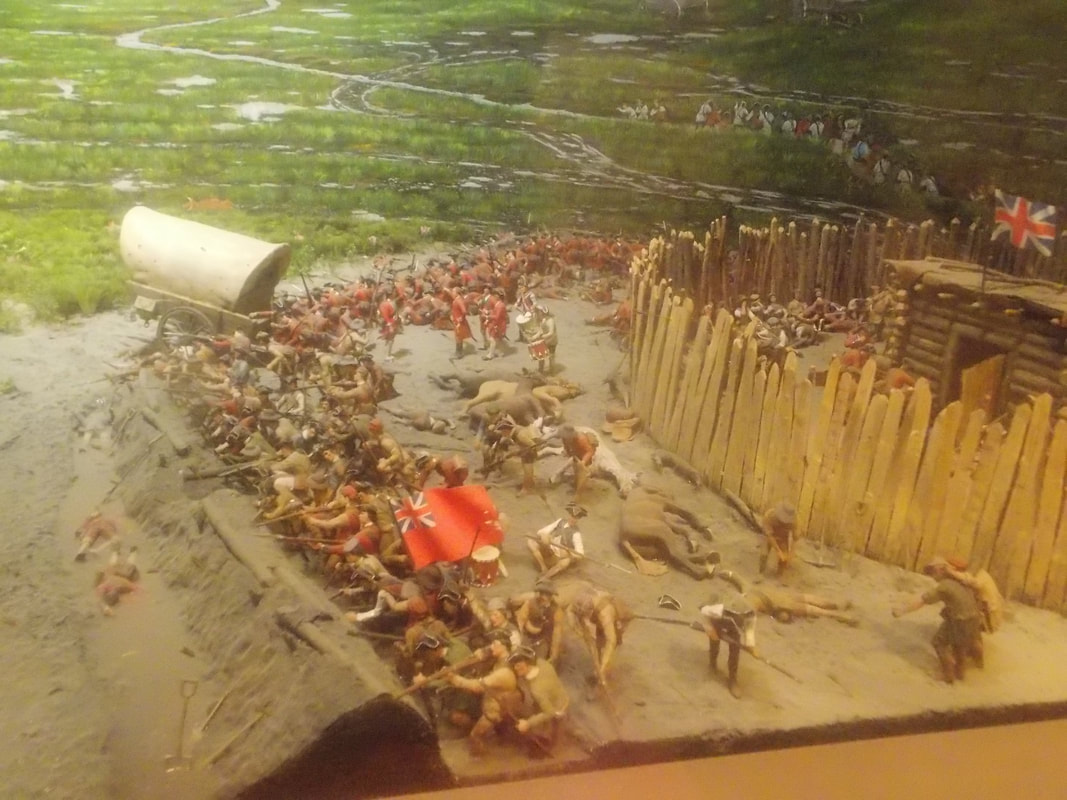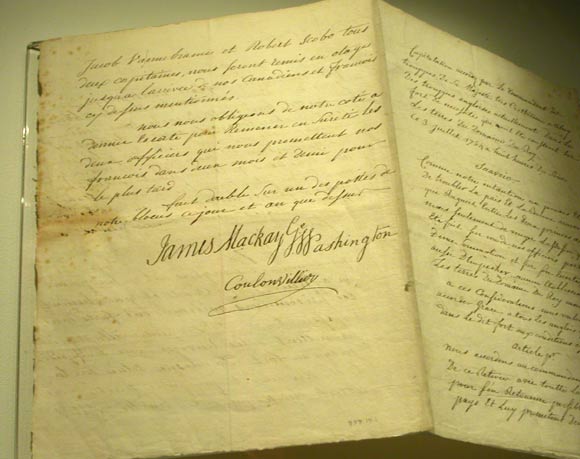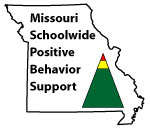beginning at 7:00 pm on Wednesday evenings.
at the church of Christ in Carthage, Missouri, south of the Ford dealership.
PLEASE JOIN US!
| This lesson will be about Textual Criticism. Our book study of How We Got the Bible by Neil Lightfoot brings us into an area in which we learn about mistakes that the scribes made in making reproductions of Scripture. The book will outline reasons for such mistakes, including unintentional and intentional errors. Lightfoot will bring out one example to discuss in more detail: Matthew 11:19, in which copies of the Scripture differ, some using the word children and others preferring the word works. This and other examples will be brought out later in our class, but first, let's see a crude parallel in American history as we consider how difficult it might be to get to the truth. Because of the preservation of our Scriptures and the processes of Textual Criticism, we can be more certain of the Bible than we can of George Washington's exploits in the mid-1750s. |
George Washington Was a British Soldier
Is it strange to think of George Washington fought in the British military? How do you think he performed as he rose in the ranks? What do you think his duties were? The truth is, Washington was often impatient and impulsive. He made some major mistakes...and learned from them!
Washington received his marching orders from Governor Robert Dinwiddie:
You are to use all Expedition in proceeding to the Fork of Ohio with the Men under Com’d and there you are to finish and compleat in the best Manner and as soon as You possibly can, the fort w’ch I expect is there already begun by the Ohio Comp’a. You are to act on the Defensive, but in Case any Attempts are made to obstruct the Works or interrupt our Settlem’ts by any persons whatsoever You are to restrain all such Offenders, and in Case of resistance to make Prisoners of or kill and destroy them.
GEORGE WASHINGTON STARTED A WORLD WAR
|
Washington is known to jump into icy rivers to swim his horse across instead of waiting for a ferry and without waiting for daylight. In the wilderness, he had the soldiers in his charge build a little round fort. They named it Fort Necessity, and it was the scene of terrible consequences for the British in their fight against the French.
Pictured below is a diorama on display in the interactive education center at Mount Vernon (Washington's famous property). In the diorama it's pretty easy to see how the fort is downhill from the surrounding countryside. The soldiers are packed into the stockade and spilling out behind earthen embankments, while the French and their native allies lie hidden and camouflaged in the trees. The diorama is quite revealing as to which side has the advantage, and yet George Washington chose Fort Necessity to be the headquarters for his wilderness campaigns. Washington must have learned a lot about how not to wage warfare through the events at Fort Necessity. |
History Has Its Eyes on You
Do you wonder if these events haunted George Washington for the rest of his life? Lyn-Manuel Miranda wrote the following for his Washington character to perform in the hit show, Hamilton. In the show, which takes place later, during the Revolutionary War, Washington still remembers the mistakes he made so many years earlier.
|
Who pulled the trigger first is unknown, but the consequence of the brief clash would have global ramifications. While the opposing forces exchanged musket volleys, the wounded French commander, Ensign Joseph Coulon de Villiers de Jumonville, called for a ceasefire. With the aid of an interpreter, the enemy officer tried to convince Washington that his mission was a peaceful one: To deliver a letter asking the Virginians to leave the Ohio, which was considered to be the domain of the King of France. As Washington examined the document, the Half King seized the initiative. “Thou art not yet dead, my father,” he said as he advanced on the wounded officer. With a mighty blow from his tomahawk, the Half King dashed Jumonville’s skull open, and washed his hands with the Frenchman’s brains. His accompanying warriors followed suit and began killing and scalping the enemy wounded, with the exception of one soldier who was saved by Washington. Tanaghrisson hoped the shocking display would salvage his reputation among local tribes; it horrified the Virginian colonel.
GEORGE WASHINGTON SURRENDERED
| In fact, his frustration and disgust with that event, coupled with his impatience and impulsivity, may have led him into a French trap. It was shortly after the event at Fort Necessity, that George Washington was tricked into signing a complete surrender to the French. He should have paused. Not only did he not understand the French language, but his poor interpreter was no help to him. As a result, on July 3, 1754, George Washington signed the Articles of Capitulation. In so doing, he unknowingly confessed to the assassination of Jumonville. The entire series of events is said to have "set the world on fire". |
George Washington Was a Celebrity
| Very quickly, The Journal of Major George Washington was published in newspapers and in book form. Says the Mount Vernon commentary concerning it, "The Journal provides a first-hand glimpse of frontier diplomacy, the beginnings of the French and Indian War, as well as early indications of Washington's well-documented physical vigor and leadership." Washington was heralded as a hero and thrust into the public eye, paving the way for his future roles as a leader in America. | |
But is it an accurate retelling of the events? Was it spun to make one man seem more rugged and heroic than he really was? Did an editor make any corrections or inaccurate translations from the original handwritten text?
Our focus for this study hinges on answering these two big questions. The goal is to get closer to the answers each week in our class.
Is the Bible accurate and dependable?
Let's start with what we know. Write down everything you know about the Bible (not specific accounts or figures, but the Bible itself).
|
|
We contend that the Bible and everything it contains is supported by:
|
|
|
Should faith alone be enough to drive you to drive you to your knees? Is "blind" faith a stronger kind of faith? If so, then why did God provide so much evidence?
